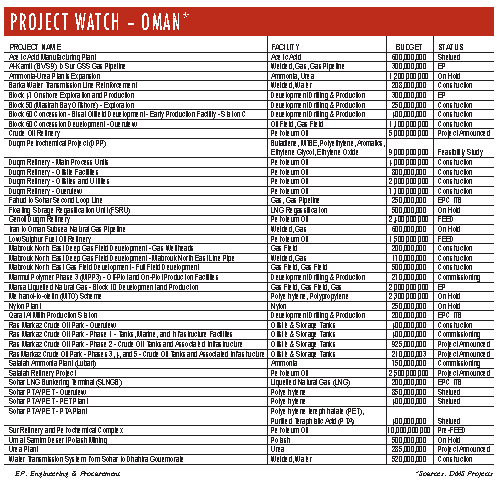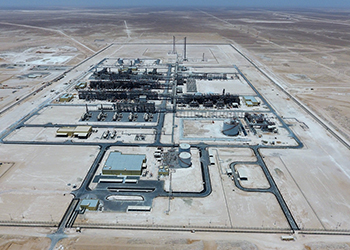
 Opec+ was instrumental in stabilising oil markets
Opec+ was instrumental in stabilising oil markets
A new study by the King Abdullah Petroleum Studies and Research Center (KAPSARC) shows Opec+’s efforts to stabilise the mar-ket reduced price volatility by 50 per cent, both before and during the Covid-19 pandemic.
The study entitled, ‘Oil Market Stabilisation: The Performance of OPEC and Its Allies’ covers the period from January 2017 to Au-gust 2021, and developed an economic model to calculate the crude oil price that would have prevailed if Opec+ had not attempted to stabilise the oil market.
It demonstrated how Opec+’s management of spare capacity helped decrease the average price over the pre-pandemic period by $2.50, but lifted the average price from $18 to $54 during the pandemic (from May 2020 through August 2021) demand shock.
“The value to the world economy of stabilising the oil market is substantial. In a previous study, we calculated that Opec’s man-agement of its spare capacity annually increased world’s GDP by almost $200 billion,” explains Research Fellow and coauthor, Hos-sa Almutairi.
Shocks to oil demand and supply are both large and frequent, with many possible causes, including war, natural disasters, labor strikes, economic sanctions, financial crises, technological innovations, changes in economic growth.
The economic importance of stabilising the price of oil derives from the rigidity of global oil demand and non-Opec oil supplies.
Any shock to supply or demand requires a relatively large price adjustment to restore market equilibrium. The negative impact on the global economy of the resulting price volatility is amplified by oil’s position as the leading commodity in international trade.
“The period covered by our study ends in August 2021, but I believe that Opec+’s market stabilisation efforts have consistently con-tinued until today. We will quantify their impacts with our model once sufficient data is available,” says Axel Pierru, Energy Macro & Microeconomics Program Director.
Oil price volatility is the source of various economic costs borne by both consumers and producers. In the global economy, some of these costs take the form of shocks to revenue streams and prices of production factors that disrupt long-term business planning and delay investment.
Opec+ was established in December 2016 and it was for the first time in Opec’s 60-year history that it cooperated with non-members to stabilise the price of oil.
The ensuing pandemic soon tested both the limits of Opec+'s cooperation and its ability to overcome an unparalleled demand dis-ruption.
“Opec’s role is has been critical in reducing price volatility directly – by acting as a swing producer that offsets shocks to supply and demand. Its spare capacity policy is an effective tool to achieve this strategic objective,” notes Fahad Alajlan, KAPSARC President.






















































































